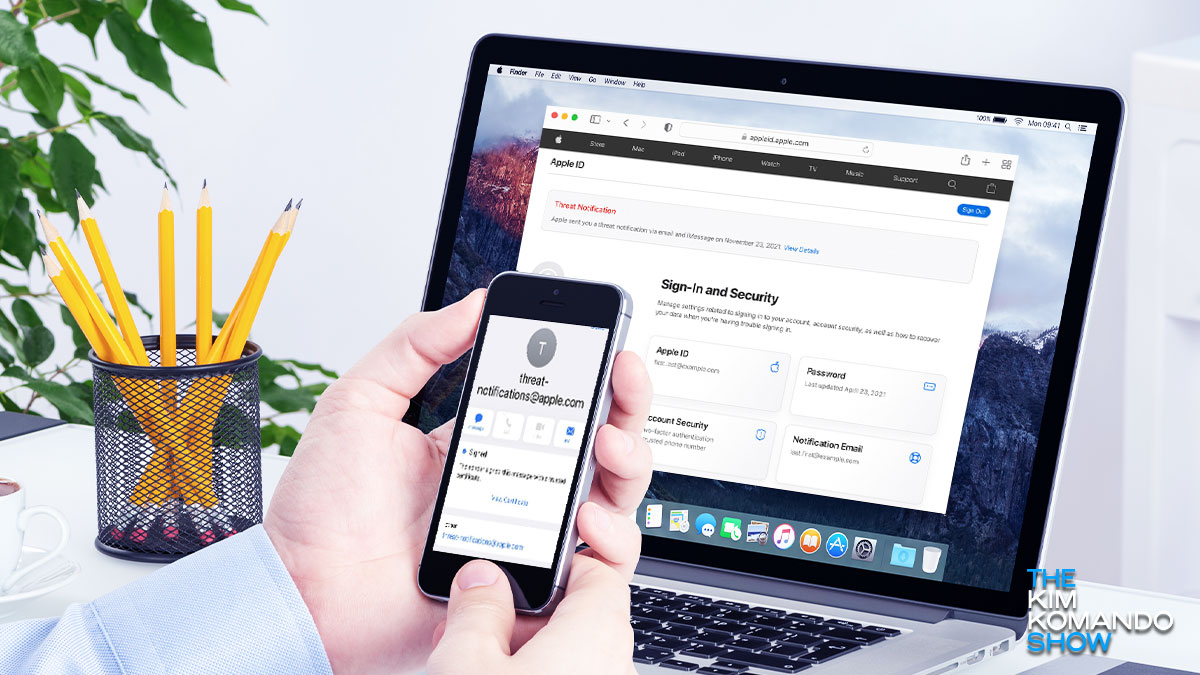Journalists everywhere are getting laid off. But in South Carolina, newspapers are doing the opposite … hiring more writers and investigating local corruption. The results? Check them out!
Did you get a strange notification that you need to protect your Facebook account? It's (probably) real

Social media is a hotbed for scams, and you can never be too careful about pop-ups and advertising. You might have received an email telling you that your account is compromised and you need to verify your details.
The chances are good that it was part of an elaborate phishing scam, but users have noticed another pop-up on Facebook over the last few days. The alert claims that you must activate a new function on the social media platform or risk losing access.
Read on to see why this is happening and if the notification is genuine.
Here’s the backstory
Whether you are on mobile or desktop, open your Facebook account, and a message supposedly from Meta about privacy and security changes will greet you. If you dismiss it, you’ll be informed that you must agree by March 17, or you’ll be locked out.
Is the message really from Facebook, or did someone hack your account? The pop-up that appears is genuine, but that doesn’t mean hackers won’t try to fool you in other ways. That’s why the social media platform rolled out Facebook Protect to make it harder for cybercriminals.
And the threat of locking you out of your account if you don’t enroll? Those are real, too, as the platform requires select users to enable the security update. In a blog post, Facebook details that it added “back-end threat detection” so that the company’s engineers can “quickly respond to compromise attempts.”
Facebook Protect was initially available to political candidates and elected officials, but Meta now requires journalists, activists and government officials to enroll.
“Your account has the potential to reach a lot more people than an average Facebook user. Hackers are often motivated to attack accounts with many followers, run important Pages or hold some community significance,” the message reads.
What you can do about it
Since a lot of the Facebook Protect communication is done through messages and email, hackers and scammers could, in theory, try to fool you too. So be cautious when clicking on a link in an email, especially if it requires you to verify your account.
If you see the pop-up or receive an email about Facebook Protect, you can check if it is genuine by navigating to the official Facebook Protect section on your profile. Here’s how to do it:
Phone hacked? Apple says it will alert you if your iPhone is infected with spyware

Cybercriminals have countless tools to target victims. They develop these methods themselves or, unsurprisingly, lift them from others.
Recently, authorities discovered cybercriminals were using military-grade hacking software designed by Israeli tech firm NSO Group. Research group Citizen Lab then revealed that NSO’s clients were using the software to spy on journalists. Tap or click here for our report with tips on protecting yourself from this dangerous vulnerability.
Newspapers are dying
Google: soon to be the most distrusted name in news
Online search is changing, and journalists will feel the impact. Here’s why.
🇷🇺 Confirm before you share: Meta says the Kremlin is the No. 1 source of AI-created misinformation ahead of the upcoming U.S. presidential election. The most common trick on Facebook? Imaginary “journalists” who write bogus news stories. Meta says they’re trying to stop the Russian propaganda. Oh, Crimea river!
Use an iPhone, iPad or Mac? You need to update NOW

A few months ago, we learned cybercriminals got their hands on military-grade hacking software called Pegasus, which the Israeli company NSO Group designed. While researching a potential hack of a Saudi activist’s phone, Citizen Lab blew the whistle on this scary security flaw. Allegedly, NSO clients used Pegasus to spy on and hack into the phones of at least 37 journalists.
Bet you won't beat this privacy quiz

Privacy is no longer a right, but a privilege on the modern web. Most websites require you to fork over a slew of personal data when you sign up, and some don’t even give you the choice to opt out. But, as free services, this is how they’re able to operate — by selling user data and analytics.
Apple’s iPhone spyware problem is worsening: Attacks mostly against journalists, activists and government representatives have been reported in over 150 countries. Common red flags: Faster-than-usual battery drainage, high data usage and unexpected shutdowns. If you’re a journalist or activist, or if you work for the government, turn on Lockdown mode.
"Influencers" overtaking legitimate journalists as news source
Where do you get your news? Here’s why finding a trusted source is vital, in 60 seconds.
